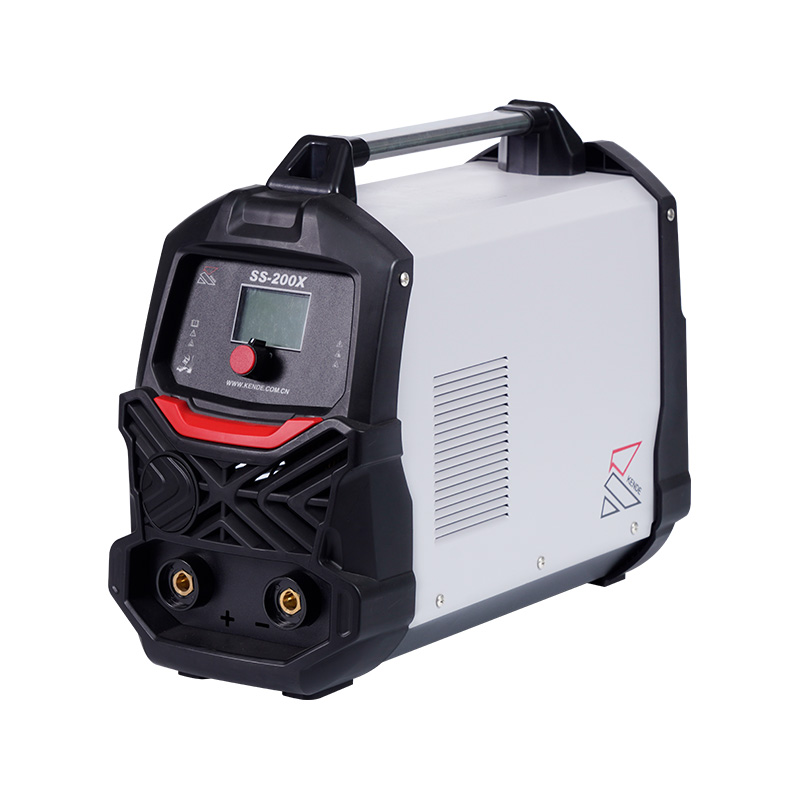Email: [email protected]
 2025.05.09
2025.05.09
 Industry News
Industry News
In an era of rapid technological advancements and fluctuating market conditions, the welding industry faces unique challenges. Welding Machine Factories must be agile and responsive to the shifting global demand.
One of the primary ways a Welding Machine Factory can adapt to shifting global demand is by embracing technological innovation. Investing in advanced equipment and software not only improves production quality but also allows for greater flexibility in adjusting to new market needs. For instance, the implementation of automation and robotics can streamline processes, reducing human error and increasing output efficiency.
Another key strategy is diversification. By expanding the range of welding machines produced, a Welding Machine Factory can cater to various industries and markets, thus reducing reliance on a single product line. This diversification can include developing machines for different materials, applications, and industries, such as automotive, aerospace, or construction. This approach helps spread risk and ensures that even if one sector's demand decreases, others may compensate.

To stay ahead, a Welding Machine Factory must also focus on research and development. This involves understanding the new industry trends, customer needs, and technological breakthroughs. By allocating resources to R&D, factories can innovate and bring new products to market that meet emerging demands. This proactive approach can help factories anticipate changes in the global market and position themselves as thought leaders.
In addition to product innovation, a Welding Machine Factory must also consider the service aspect of its offerings. Providing comprehensive after-sales support, including maintenance, repairs, and upgrades, can enhance customer loyalty and open up new revenue streams. This holistic approach to customer service can differentiate a factory in a crowded market and build long-term relationships with clients.
Global partnerships and collaborations are another avenue for adaptation. By forging strategic alliances with companies in different regions, a Welding Machine Factory can tap into new markets, share knowledge, and access resources that might not be available domestically.
Moreover, a focus on sustainability and environmental responsibility is increasingly important. As global demand shifts towards greener practices, a Welding Machine Factory that prioritizes eco-friendly manufacturing processes and energy-efficient machines can attract customers who value environmental stewardship. This commitment can also help factories comply with emerging regulations and standards that promote sustainability.
In the face of fluctuating global demand, a Welding Machine Factory must also be adept at supply chain management. This involves maintaining a flexible and resilient supply chain that can withstand disruptions and adjust to changes in demand. By building relationships with multiple suppliers and having contingency plans in place, factories can ensure that they can continue operations even during periods of supply scarcity.
A Welding Machine Factory must be proactive in monitoring and analyzing market data. This can involve using advanced analytics to predict trends and identify opportunities for growth. By staying informed and data-driven, factories can make informed decisions that align with the evolving needs of the global market.
Adapting to shifting global demand is a complex but necessary endeavor for Welding Machine Factories. By embracing innovation, diversifying their product lines, investing in R&D, enhancing service offerings, forming global partnerships, focusing on sustainability, managing supply chains effectively, and leveraging data analytics, these factories can not only survive but thrive in a dynamic global market.